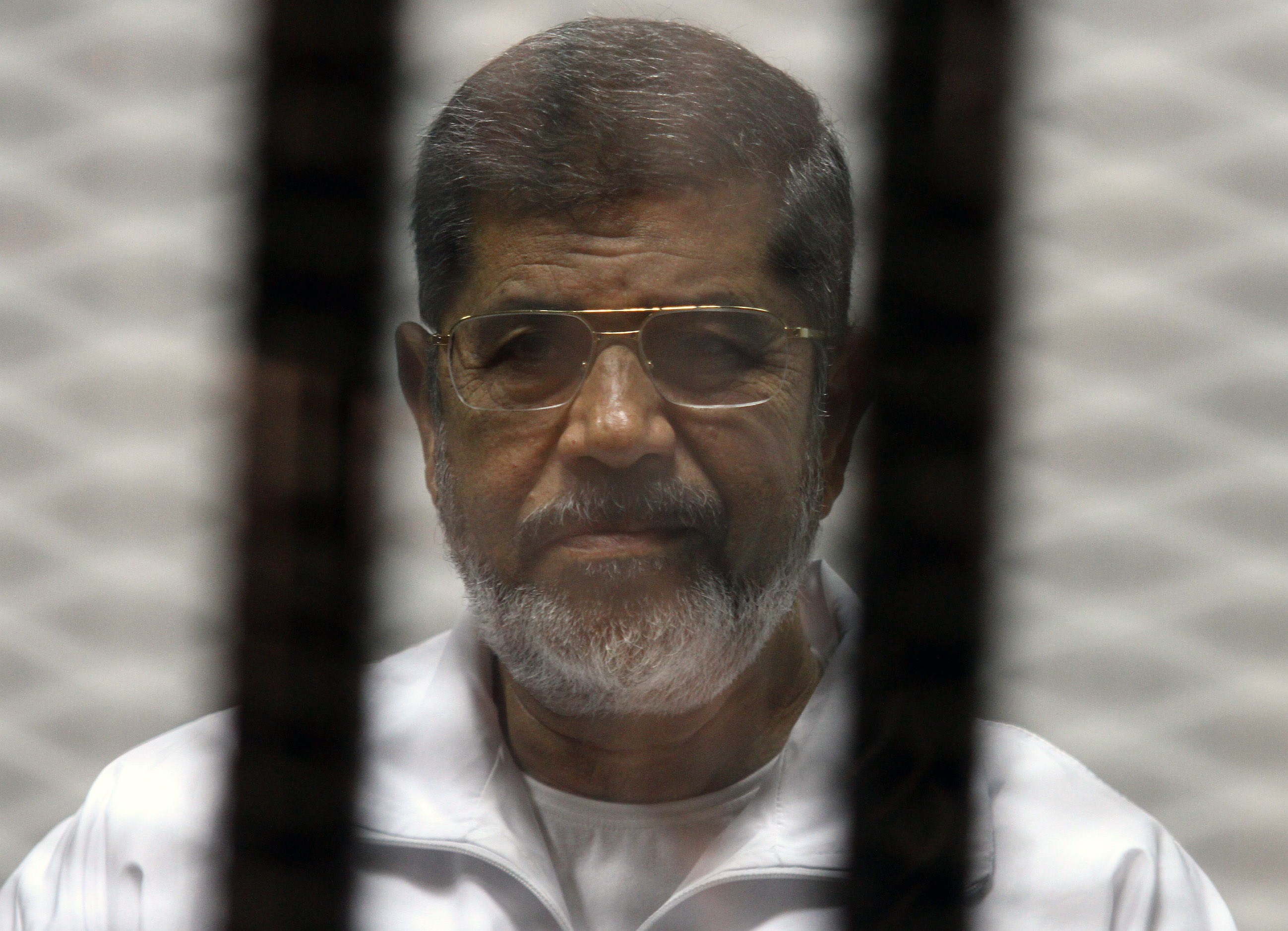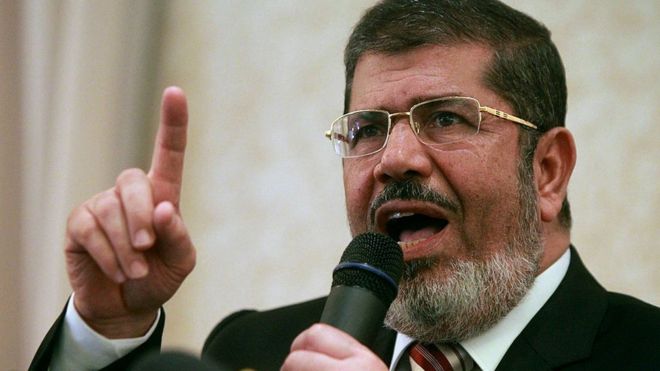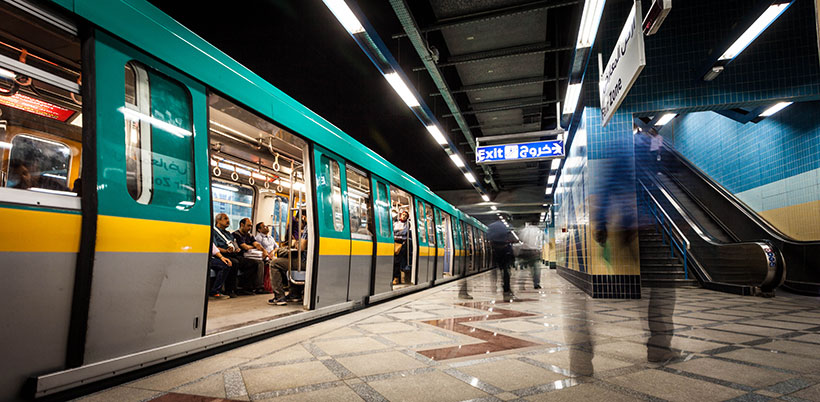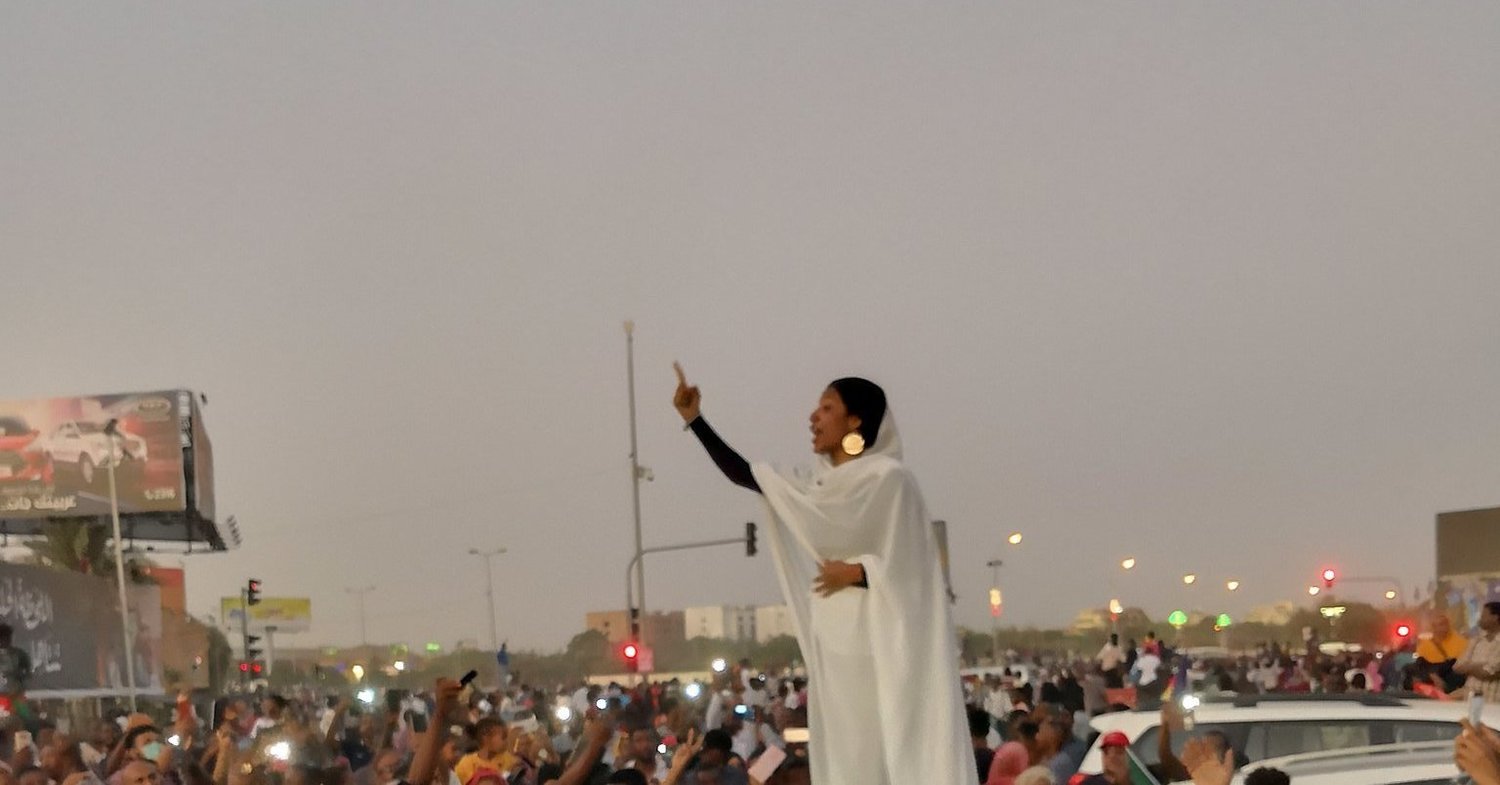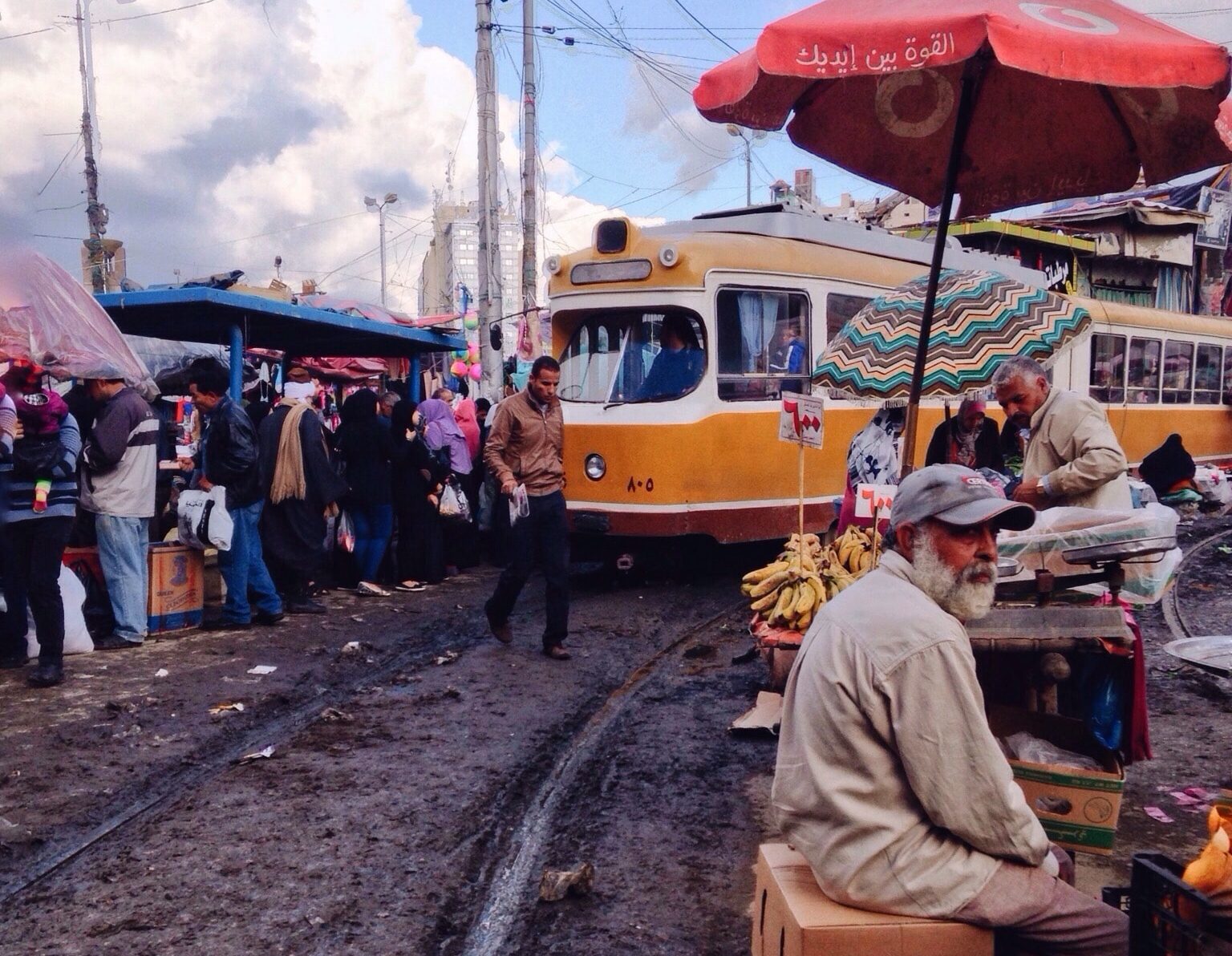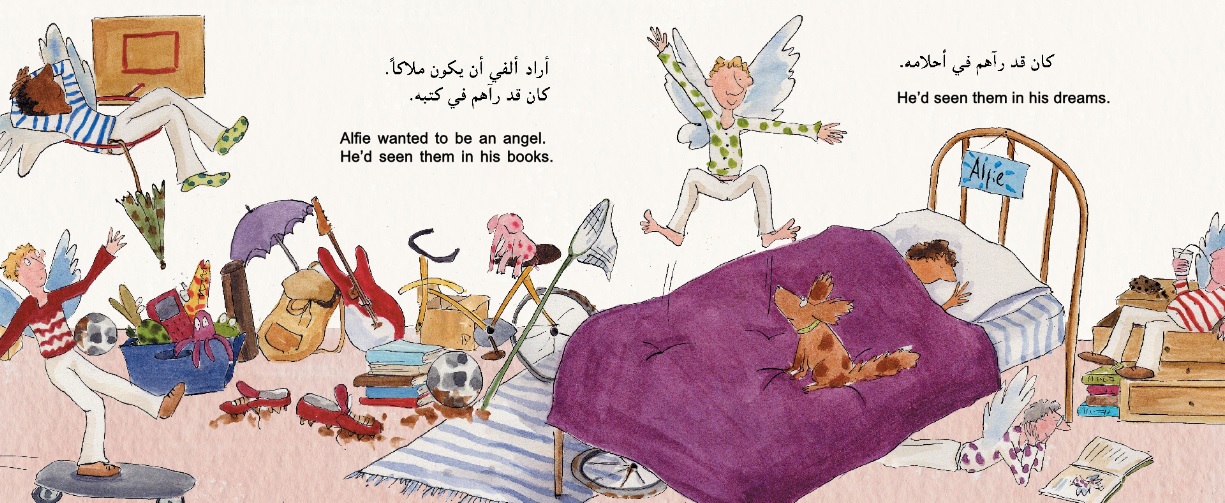Within hours after the death of former Egyptian President Mohamed Morsi, Turkish President Recep Tayyip Erdogan released a statement calling Morsi a ‘martyr’. Morsi, who was deposed in July 2013 following mass protests against his and the Muslim Brotherhood’s rule, died of a heart attack in court moments after speaking at a trial. “May Allah rest our Morsi brother, our martyr’s soul in peace,” said Erdogan, who had been a strong supporter of the Muslim Brotherhood and Morsi following their ouster in 2013 in a statement. Qatar’s Emir Sheikh Tamim bin Hamad Al Thani similarly released a statement shortly after Morsi’s death, sending his condolences to Morsi’s family and the Egyptian people. “We received with great sorrow the news of the sudden death of former president Dr Mohamed Morsi. I offer my deepest condolences to his family and Egyptian people. We belong to God and to him we shall return,” said Sheikh Tamim on Twitter. The two leaders are notably the only foreign leaders, at the time of this article’s publication, to have released any statements marking Morsi’s death. Egypt’s relationship with both countries deteriorated following the July 2013 ouster…
Egypt’s Former President Mohamed Morsi Dies of a Heart Attack in Court
Egypt’s former president Mohamed Morsi, who was toppled by the military in 2013, died of a heart attack at the age of 67 after a court session on Monday. Egyptian state TV reported that he fainted after a session where he was being trialed for espionage. He was later transferred to an unknown hospital. Egypt’s prosecutor-general Nabil Sadek issued a statement revealing that Morsi was allowed to speak during his trial per the defendant’s request before walking back to his trial cage and collapsing. According to the statement, “Morsi spoke for five minutes before the court adjourned the hearing and moved the defendants back to the trial cage.” “After returning to the trial cage, Morsi fell unconscious and was immediately transferred to the hospital. The initial medical examination of Morsi showed that he had no pulse, no indications of breathing and his eyes were open and unresponsive to light or stimuli,” the statement clarified. “Morsi was dead when he arrived at the hospital at 4:15 pm with no signs of any injuries on his body.” Morsi, who was deposed on July 2013 after mass protests against his government, had won…
Three Exotic Fruits in Egypt That You Should Try Out
Despite Egypt’s harsh weather conditions for agriculture, the country is known to be home to a variety of fruits as a result of the Nile River and its soil. Egypt is known for its bananas, melons, dates, figs and pomegranates, which are very prominent during the summer time. Interestingly, Egypt has a few exotic fruits that are rare to find in other countries across the world. Cherimoya Locally referred to as “eshta”, cherimoya or custard apple does not seem that appetizing on the first encounter. Its scaled green skin might appear intimidating. But once it is pealed, its silky white skin reveals a sweet fruit with a slightly creamy texture. The fruit is often grown in tropical areas across the world, however, its home lies in the Andes mountains of South America. Cherimoya is a great source for fiber. It is also loaded in antioxidants, vitamins and minerals which help in boosting immunity, fighting inflammation, and promoting eye and heart health. Despite its health benefits, the fruit carries small amounts of toxic compounds which are deemed harmful if consumed in large amounts. Prickly pears The prickly pears or opuntia is…
First Creative Entrepreneurship Event in Egypt For Women
In an effort to combine both art and business and empower the women working in the creative industry, Entreprenelle and More Of are collaborating in the first “Creative Entrepreneurship Circle” for women on 19 June at Entreprenelle’s headquarters. The event will include Sara Seif, co-founder of More Of, as panel moderator, as well as other panelists such as jewelry designer Alia Khafaga, founder of Artkhana Sara Gaafar, and yoga teacher and health coach Farah Nofal. “We decided to carry out such an event because we realised that there are so many creatives out there on their own, with no grounded community to hold them together for sharing expertise, knowledge and the know how,” Sara Seif told Egyptian Streets. “The aim is to create a creative network in Egypt and all creative people in one circle to build on each others achievements and push the creative industry forward.” Topics to be discussed in the event will include career planning for the artistic entrepreneurs, qualities of the modern entrepreneur, types of field in the creative industry (freelancers or belonging to any creative institution) and how they work. The event hopes to unleash…
Cairo’s Third Metro Line Fare Prices Increase to EGP 5 – EGP 10
As of Saturday 15 June, tickets to Cairo’s third metro line cost EGP 5 to 10 rather than EGP 3 to 7, the Ministry of Transportation announced. The ticket for rides up to nine stops on the third metro line will now cost EGP 5, rides of 6-15 stops will be priced at EGP 7, and rides of 16 stops or more will cost EGP 10. However, the ticket prices of the other two metro lines remain unchanged. Ticket prices for students, people with disabilities and senior citizens will remain the same as well costing EGP 33 for 25 stations for students, EGP 22 for 25 stations for people with disabilities and EGP 135 for 35 stations for senior citizens. The third metro line was inaugurated on Saturday and is one of Cairo’s main mass transit system lines, connecting central Cairo’s Attaba with Heliopolis to the northeast. It aims to fully extend all the way to the northeast, eventually serving Cairo International Airport. The new stations of Haroun El-Rashid, El-Shams Club, and Alf Maskan also began operation on Saturday. According to the Ministry of transportations, the stations on the new…
Aguirre: I Will Leave If I Don’t Achieve Egypt’s Targets
Egypt’s current manager of the Egyptian national football team claimed that the Egyptians are ready for the Africa Cup of Nations (Afcon), scheduled to start on June 21. “We are ready for the Afcon and the team is complete now with Salah’s arrival, everyone has to acknowledge that the players are fully concentrated especially due to hosting the tournament,” Aguirre told gathered reporters. “We don’t think about anything right now except for the opening game against Zimbabwe. I am only focused on the tournament and I am bound to the Egyptian Football Association with a contract. “However, I will definitely leave if I found myself incapable of achieving the targets of Egypt. Egypt’s national football team will be playing with a different formation when they face Guinea on Sunday in the final warm-up match ahead the African Cup of Nations on home soil. They will kick off the official tournament by playing Zimbabwe on 21 June. Egypt is hosting this year’s Nations Cup, which has been expanded to 24 teams and will take place from 21 June to 19 July. The Pharaohs are seeking to win the title for the first…
Reclaiming Azza: A History of Female Resistance in Sudan
Originally published on SISIMAG.COM The image of a 22-year-old university student Alaa Salah dripped in a white traditional Sudanese garment known as the “toub”, standing on top of a car amongst a sea of protesters in Khartoum, is what finally turned the heads of global news outlets and the the overall international community towards the now-six-month-long Sudan Uprising. Captured by local photographer Lana Haroun, the photo was accompanied by a video of Salah chanting poetry and the slogans of the revolution. It was this image, that finally began the long-overdue conversation about the events taking place in Sudan—one that led to the end of now-former president Omar al-Bashir’s 30-year reign. Many news agencies, particularly in the west, either referred to the Sudan Uprising as purely “bread protests” or a “belated Arab Spring”. Reports inspired by the image of Salah were framed in disbelief towards the idea of a woman in a predominantly Muslim country, challenging a regime that oppresses them the most. Not only does such rhetoric erase the role of women in Sudan’s previous revolutions (yes, Sudan has successfully overthrown not one, but two governments prior to the Arab…
12 Mesmerizing Shots That Capture the Nostalgia and Identity of Alexandria
It is seldom that one finds a truly captivating photographic project where we can truly feel like the photos have transported us to the exact place and time in the photos; however Egyptian Streets has recently stumbled a little gem of a project which reminds us of Alexandria’s nostalgic beauty. In a series of online albums and volumes, photographer Ousama Qandeel has intriguingly named his first Alexandria-themed volume “Never forget where you came from” in a bid to pay homage to the historical city in which he was brought up. “I tried to show the Alexandria that i was brought up in – no matter how much you travel, I think you should remember your country,” explains the 27-year old photographer. Although Qandeel specializes in portrait and music (concert and events) photography, he wanted to capture the ‘real’ Alexandria, perhaps one that evokes a pre-globalized sense of uniqueness and locality. According to Qandeel, he grew fond of “capturing sound and performance through visual means” after assisting a friend in need at concerts. He has been shooting musicians and artists in the underground music scene. Later on in December of 2016,…
Arabic for Egyptian Youth: a Forgotten Privilege
Mariam Bahaa, Architecture student at the American University in Cairo, recounts her hate for her native Arabic language, mainly enforced by national curriculums taught in schools. Arabic lessons during Thanaweya amma were four hours of torture, for Bahaa. Her appreciation for the language was fostered after graduating from school, however, it was too late as now she can neither read nor write proper Arabic. She became a linguistically handicapped Egyptian. In the past few years, the foreign languages craze has been increasing among Egyptians. People are becoming more and more encouraged to master languages like English, French, and German; while neglecting and belittling their native Arabic or Egyptian language. English, especially, is becoming more and more integrated in the Egyptian life. People are using it to converse, seeking it for education, and preferring mass media that integrates or uses English as their main language; which undermines the position of the natives’ language. For Egyptians, Arabic proficiency is on an ongoing deterioration. Some people even think it is “cool” as Maggie Talaat, an Integrated Marketing Communication student at the American University in Cairo states, “to brag about how weak our Arabic…

